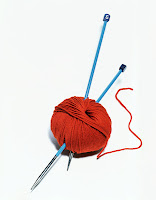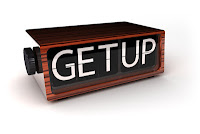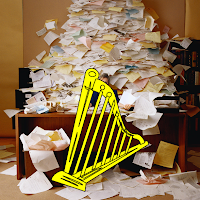So, sometimes you learn something you have to share immediately – and this is it. Mike Conners is a teacher at North Carolina’s Penn-Griffin School for the Arts (disclaimer – he’s also a friend of mine). Heb recently introduced his hobby, harping, to his students as club.
 You might also recall that Mike won the 2011 Scottish Harp Society Travel Scholarship which he put to use improving his repertoire and experience, which he took back to his students. Here’s Mike in Scotland (photo unceremoniously ripped off his blog: Miketheharper.blogspot.com!)
You might also recall that Mike won the 2011 Scottish Harp Society Travel Scholarship which he put to use improving his repertoire and experience, which he took back to his students. Here’s Mike in Scotland (photo unceremoniously ripped off his blog: Miketheharper.blogspot.com!)
But the point of this post is not that Mike plays the harp, but rather to highlight his students’ project – raising money to buy more harps for the club. They made the news (watch the video and read a short report here):
http://myfox8.com/2012/06/05/students-play-harps-to-raise-money/
They need more harps, including a pedal harp. This is a really great opportunity for the students to learn a great deal – about music, about fundraising, about community, about community service.
These kids have already saved $2,200 from donations. They gig to make money too! But, as we all know – to buy more lever harps and a pedal harp will require more than a couple of gigs. So, I’d suggest we chip in –
To donate contact Mike Connors at 336-819-2870 or send mail to:
Penn-Griffin School for the Arts, 825 East Washington Street, High Point, NC 27260.
Please write “harp donation” on the memo line and make checks payable to Penn-Griffin School for the Arts. Donations are tax deductible – and I’m sure if you have a harp you’d like to donate, they’d be happy to hear from you.
(PS, I would have loved to share a photo of the kids playing, and while I have no compunction with asking Mike for forgiveness for pillaging graphics from his blog, I’m not tangling with the tv station and their lawyers! Just check out the video!!)















